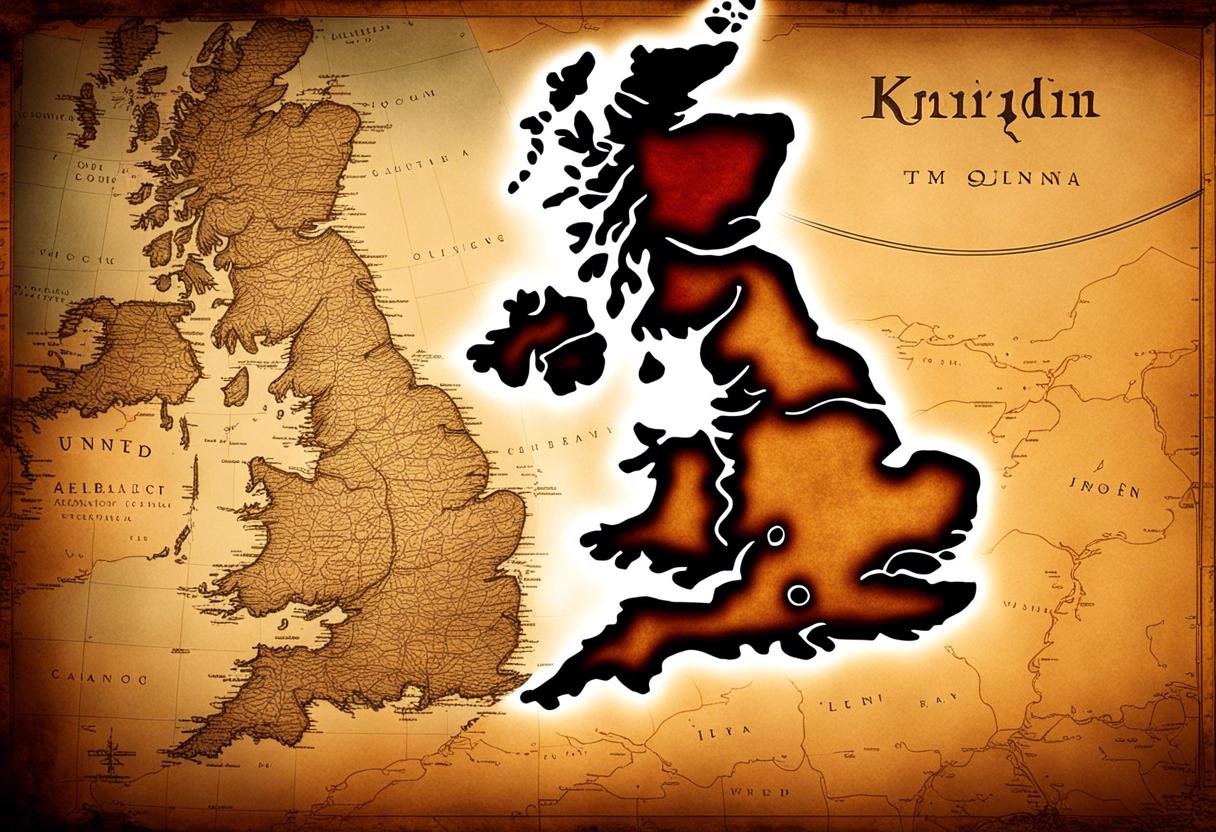James Bryce, an esteemed scholar and author from Ulster, put forth his advocacy for Ireland’s home rule in 1887 with the publication of his Handbook of Home Rule: Being Articles on the Irish Question. The book was a firm endorsement of Gladstone’s recently introduced policy granting home rule to Ireland, and featured a collection of incisive essays on the state of affairs in Ireland. A striking critique by Earl Spencer, who held an integral role in enhancing the credibility of Gladstone’s strategy through his profound expertise and intelligent leadership at Dublin Castle, was included. He highlighted the stark contrast between the Irish peasants’ outdated living conditions and their sophisticated political understanding influenced by the American republic.
Yet, these articles did more than simply discuss Ireland. Bryce inserted significant portions on “dual” monarchies, like those in Sweden-Norway and the Austro-Hungarian Habsburg Empire, challenging the unitary state model of Britain. He argued for the potential of constitutional flexibility in Europe to foster healthier Anglo-Irish relations through home rule.
Advance to 2023, another respected author and historian from Ulster, Alvin Jackson, reexamines this subject in his insightful academic work. As Jackson, who serves as the Richard Lodge Professor of History at the University of Edinburgh, underscores, the prominent liberal premier, WE Gladstone, strongly endorsed Bryce’s conclusions as evidence of the unarguable, favourable rationale behind the historic consensus called Home Rule. Alvin Jackson pointed out that Gladstone confirmed this affinity in a 1892 writing, as mentioned in the beginning of Jackson’s book.
Belgium had once sought Home Rule from Holland but was denied, but is currently enjoying independence from Holland. The refusal to grant Home Rule has never resulted in success, unlike the granting of Home Rule, which has never failed. Norway and Sweden, for instance, were on the brink of war, but the establishment of Home Rule has allowed them to work together peacefully, even fostering a sense of unity.
Gladstone offered another striking example. Four decades ago, the relationship between Austria and Hungary was not only complicated but also bloody, posing a threat not just locally, but also to Europe. Since the granting of Home Rule, there has been notable peace and unity. This is the political model that ensures success, especially for communities confronting entrenched issues of ethnic diversity, national identity, and sometimes language differences.
Jackson, being a critical historian, elucidates the fall of the Austro-Hungarian Empire without falling for the allure of easy explanations. He draws attention to the factual complexities, claiming it crucial to note that the decline of both the Austro-Hungarian Empire and the United Kingdom of Great Britain and Ireland was distinctly marked by the withdrawal of influential aristocratic interests.
One might wonder why Gladstone was so off the mark. The answer may partly lie in his distaste for uncomfortable historical truths. Gladstone avoided acknowledging the hostility and even considered the famine to be an act of divine intervention, which somehow absolved the UK government and his role as chancellor in the 1850s. Regardless of Gladstone’s views, John Mitchel, the highly-influential nationalist of the 19th century, vehemently argued that the famine was a deliberate act of British genocide. Mitchel’s views found a footing in many Irish homes and sparked aggressive separatism, something that Gladstone could not comprehend.
Dr Jackson compellingly advocates for the necessity of flexibility and adaptability in union states, denouncing the imposition of strict boundary lines as an indication of power dynamics. As a long-time resident of Edinburgh, the seat of the Scottish Parliament, Jackson has had ample time to scrutinise the real-world implementation of devolution, noting its glaring shortcomings particularly in healthcare and education in Wales. Despite terminating the book chronicle at 1925, Jackson, as an engaged citizen, thoughtfully includes the Windsor Framework of February 2023 as the ultimate timeline listing in his ‘select union chronology’.
When Tony Blair initiated devolution in Scotland and Wales in 1997, it was met with strong political consensus in Britain, resonating with the ‘Gladstonian’ view. The rhetoric in UK Parliament was filled with assertions that the Scottish campaign for independence had been relegated to irrelevance or was essentially extinct. The ‘Gladstonian’ approach was touted as the right course of action. However, despite the relatively less deep-rooted history of Scottish nationalism compared to Irish nationalism, the pursuit for Scottish autonomy has significantly grown under devolution.
Currently, Scottish nationalism is navigating through a leadership crisis and a share of embarrassment. However, Jackson, a seasoned scholar of historical trends, is likely unperturbed by this. In his effective portrayal of the distress endured by Irish nationalists during the 1890/1 Parnell split, he shows that despite temporary setbacks, mass public support can be retained in the long run. Importantly, while recognising the partial truth in Gladstone’s key remark that opens a book, he also emphasises that the UK’s survival is contingent on devolution, as recently indicated by Jeffrey Donaldson at the DUP event prior to his resignation following charges of sexual misconduct.
A possible transgression is seen in the author’s reference to the patterns of Margaret Thatcher, the erstwhile Prime Minister of Britain, in her propensity for using hackneyed phrases from Samuel Smiles whilst addressing the Scots. It seems somewhat unjust to Smiles (1812-1904), an advocate for self-improvement and critic of Gladstonian Home Rule. Notwithstanding, he demonstrated a capacity for empathising with the plight of the impoverished Irish and applauding as substantial and “articulate” a speech by Parnell from Cork. This particular discourse advocated for the “sharp-minded brilliance of the Irish” to be utilised in support of economic and political advancement. Could one identify any such striking insight from Thatcher on the topic of Scottish nationalism?

